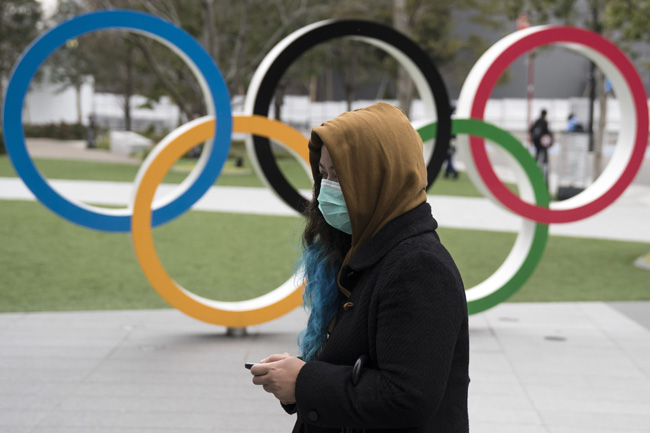
Japanese experts and professors have said that even after 15 months, holding the Olympics seems difficult
Tokyo … News Time
Japanese experts and professors have said that even after 15 months of conducting coronavirus outbreaks, holding the Olympics seems difficult. “If I tell you the truth, I don’t think the Olympics will be possible next year,” said Japanese professor Kentaro Iwata. He said that two things are the most important for holding the Olympics; the first is to control the virus in Japan and the second to control Corona worldwide. Medical experts say event management won’t be risky for organizers due to uncertainties caused by coronavirus especially if no vaccine is invented until next year.
Japan and the International Olympics Committee have postponed the Tokyo Olympics this year for a year, observing the spread of coronaviruses worldwide. However, after the deaths of more than 60,000 people and the victims of 2.4 million, it is being questioned whether the Olympics will be possible even after 15 months as no vaccine has been made to treat the virus. “When we talk about returning to sports with a stadium full of spectators, we should wait until a vaccine is invented in this regard,” said Professor Zach of Emory University of America.
The Tokyo Olympics will be held from July 24 to August 8 next year, and the Paralympics are also scheduled, but organizers are thinking of various changes to the project, which is also considering holding an event without spectators. Zach is an athletics health expert and believes that it can take at least 12 to 18 months to become vaccinated, and whoever becomes part of this group will be at risk. “If we gather 50,000, 70 thousand or a million fans without vaccines, it would be like putting them in danger,” he said. He said people from different regions and regions of the world can carry the virus and that the lives of the athletes, as well as the locals and spectators, could be endangered.
The first case was reported in Japan three months ago, but no action was initially taken against the virus, resulting in the virus spreading rapidly there. So far, at least 12,000 people have been infected and 250 have died of the virus in Japan. Remember that the Olympics were last postponed to 1940 on the occasion of World War II, and the surprising coincidence is that the Olympics were to be held in Tokyo at that time.



